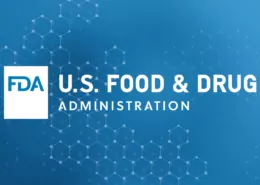Vaping Industry Hopes for Favorable Regulations Under Potential Second Trump Term
As the United States faces the possibility of a second term under President Donald Trump, the vaping industry eagerly anticipates potential changes to the regulatory landscape. Known for his unpredictable approach to policy, Trump’s history of abrupt shifts has left vaping companies hopeful for a more industry-friendly stance upon his return to the White House. This article explores the potential implications of another Trump presidency on vaping regulations and industry dynamics.
Trump’s Mixed Record on Vaping Regulations
During his first term, Trump surprised both supporters and critics by endorsing certain public health measures, such as raising the federal age for tobacco purchases from 18 to 21 and placing limits on flavored vaping products. However, he stopped short of banning menthol and tobacco-flavored e-cigarettes, a decision that public health advocates argued negatively impacted youth safety and health.
Despite these restrictions, Trump recently met with the head of the Vapor Technology Association and later posted on Truth Social that he would “save vaping again,” indicating renewed support for the industry. This shift aligns with a broader, industry-friendly position that could relax existing restrictions, particularly on previously excluded menthol flavors.
Potential Benefits for the Vaping Industry
For e-cigarette and vaping companies, a more supportive regulatory environment under a second Trump administration could promote growth, allowing them to innovate and expand product lines. Smaller manufacturers and retailers, many of whom were affected by the 2019 restrictions, could benefit from stimulated competition and economic stability in the vaping sector.
Industry advocates argue that relaxed regulations could promote freedom of choice and help smokers switch to alternatives. However, public health groups worry that looser controls could lead to increased youth vaping, undoing recent progress in reducing underage e-cigarette use.
Financial Backing from Big Tobacco
The financial backing of major tobacco companies may be one reason behind Trump’s recent support for the vaping industry. According to The Washington Post, Reynolds American’s subsidiary, RAI Services Company, contributed $8.5 million to Trump’s main super PAC, Make America Great Again Inc., making it the PAC’s largest corporate donor.
This significant investment signals that Big Tobacco sees Trump as a potential ally, particularly in juxtaposition to regulatory challenges like the Biden administration’s proposed menthol ban. Reynolds’ support, along with other industry contributions, suggests that corporate interests are counting on Trump’s flexible policy stance, with campaign contributions possibly shaping his approach to future vaping regulations.
Potential Shifts in FDA Oversight
During his first term, Trump proposed moving tobacco regulation, including oversight of vaping products, out of the FDA and into a new agency within the Department of Health and Human Services. This change claimed to streamline oversight, potentially reducing delays and regulatory hurdles for the vaping industry.
If reelected, Trump might revive this proposal, which could reduce regulatory pressures that have long frustrated vaping companies. However, some public health advocates argue that removing oversight from the FDA could weaken protections, particularly for youth and other vulnerable groups.
Conclusion
A second Trump term presents both opportunities and risks for the vaping industry. A more deregulatory approach could open markets and reduce restrictions on flavored e-cigarettes and other vaping products. However, the unpredictable nature of Trump’s policymaking leaves much uncertainty, especially if the industry’s interests conflict with his past willingness to enact restrictions.
With major tobacco companies and vaping industry players placing their bets on Trump, the stakes are high—not just for the industry but also for public health advocates concerned about undoing recent progress in reducing youth vaping rates. Whether Trump’s promise to “save vaping again” will ultimately benefit the industry or lead to regulatory backlash remains uncertain, but vaping companies appear willing to take the risk.

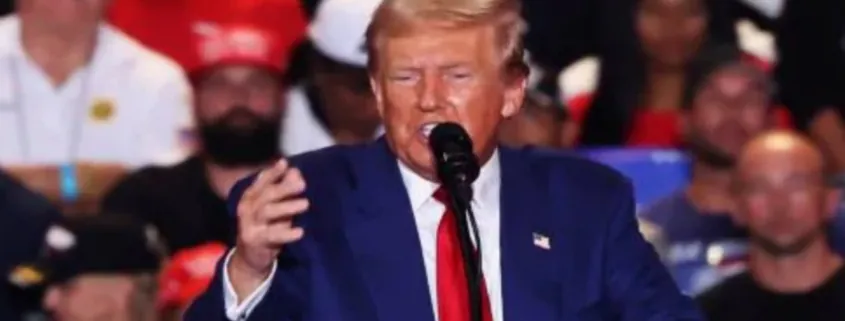

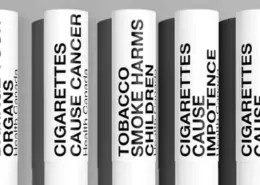
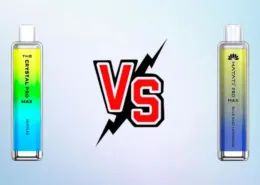
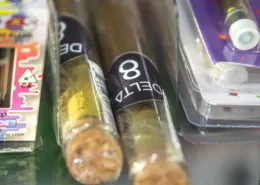
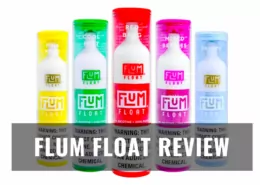 flum float review
flum float review